Go into agro-business for sustainable employment- Gotomo
By Ahmed Dantala
Mr Abubakar Gotomo, founder of Gotomo Farms and Wildlife Services, has urged the youths to explore agro-business as a pathway to sustainable employment.
Gotomo made the call in an interview with the News Agency of Nigeria (NAN) in Diko, Niger on Sunday.
NAN reports that agriculture offers a significant pathway to sustainable employment in Nigeria, particularly when focusing on sustainable farming practices.
These practices, such as crop rotation, agro-forestry, and efficient water management, can boost yields, reduce costs, and improve resilience to climate change.
“People should aspire to come into agriculture to pursue such a business that they can be rich within the shortest possible time. When you pursue it, you do it according to the best practice, be rest assure you will make your money.
“Here at Gotomo farm, we have about 36 concrete fish ponds, we have over 10 earthen farms for fish production. But I’m just giving a simple example of one pond farm which has the capacity to store 2,500 catfish.
‘’2,500 catfish, if well fed, within 100 to 120 days, they can grow to the table size. Three of them can give you one kg, averagely, If you are lucky, two can give you one kg, but three can give you one kg.
‘’At a conservative price now, a kg can give you 2,000. Now imagine, as a graduate, you have one pond farm of 2,500 catfish. You manage it in 120 days; you’d be rest assured of going with a profit of two million Naira.’’
He added that the agriculture sector remains a veritable means of opportunity, saying the value chain is even more significant.
‘’Even if it’s in the service of input, providing input, selling, marketing, transportation, actively performing on the farm. So, I encourage our graduates, don’t wait. You have no time to wait.
‘’You are a fresh graduate from the NYSC, come, try to get that orientation. As soon as you finish your NYSC, please go to the farm, the job is there waiting for you.’’
Gotomo said that the search for economic independence was his drive and motivation to go into agri-business.
“I left the civil service very early because I have been naturally an independent person. And at the civil service I realised that I have a lot of restrictions and limitations and I can’t achieve my aspirations as a civil servant.
“With the civil service I discovered that promotion is your limit, you can’t go beyond promotion. Your competency, your experience, your expertise is not enough for you to secure any job.
‘’You have still to go and start lobbying here and there. I feel, no, I have to look for something more independent. With food production, people must eat and you have access to market when you produce, people must buy.
‘’The fact that you graduate does not mean that you should go and be a servant to anybody. That education should serve as a light that will help you to pursue any venture, so I went into adventure,’’ he said.
Gotomo said that contamination of the soil, chemical application, post-harvest management, application of preservatives and pesticides, are factors affecting the quality and health of the food.
He said that the Gotomo farm uses organic principles in order to give out products that are healthy enough and safe for human consumption.
“We are trying to train people, all the people working here with us, then those coming in to get training, we give them those principles. And with that, gradually, we can scale our food system and ensure food security.
“Food security is not just about the availability of food alone. It is also about the quality of that food,’’ he said.(NAN)
Edited by Ismail Abdulaziz




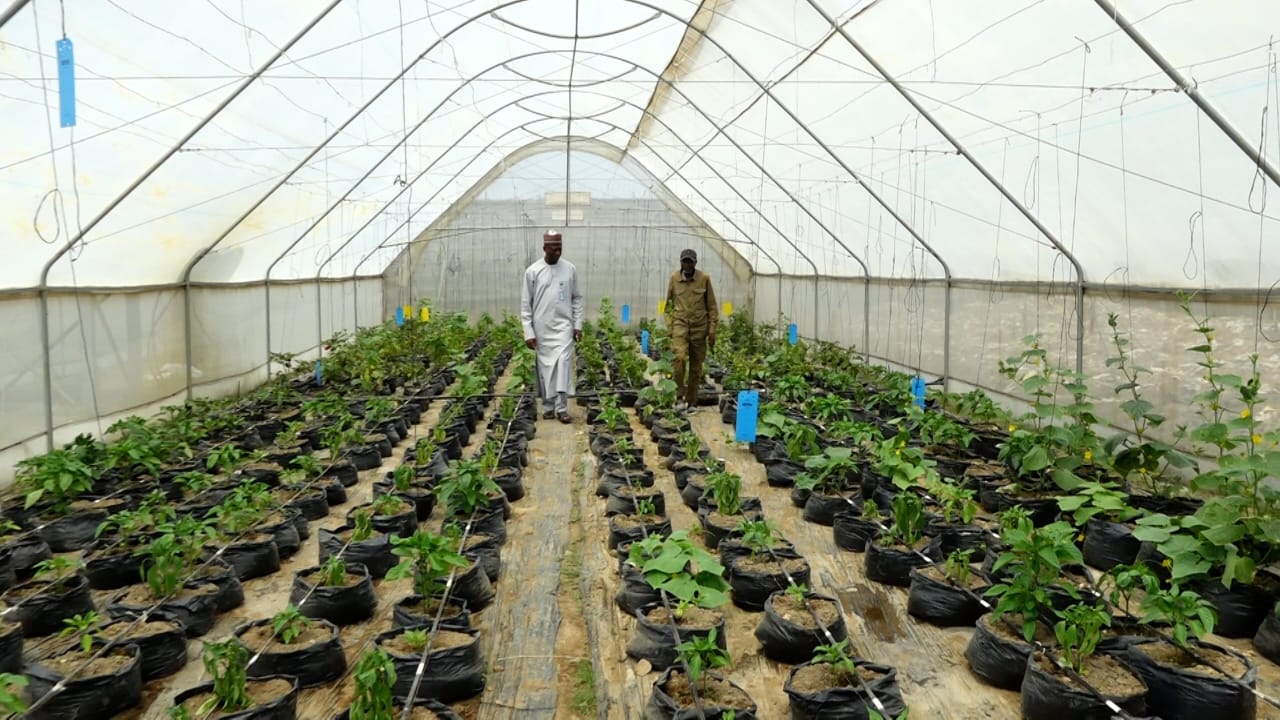
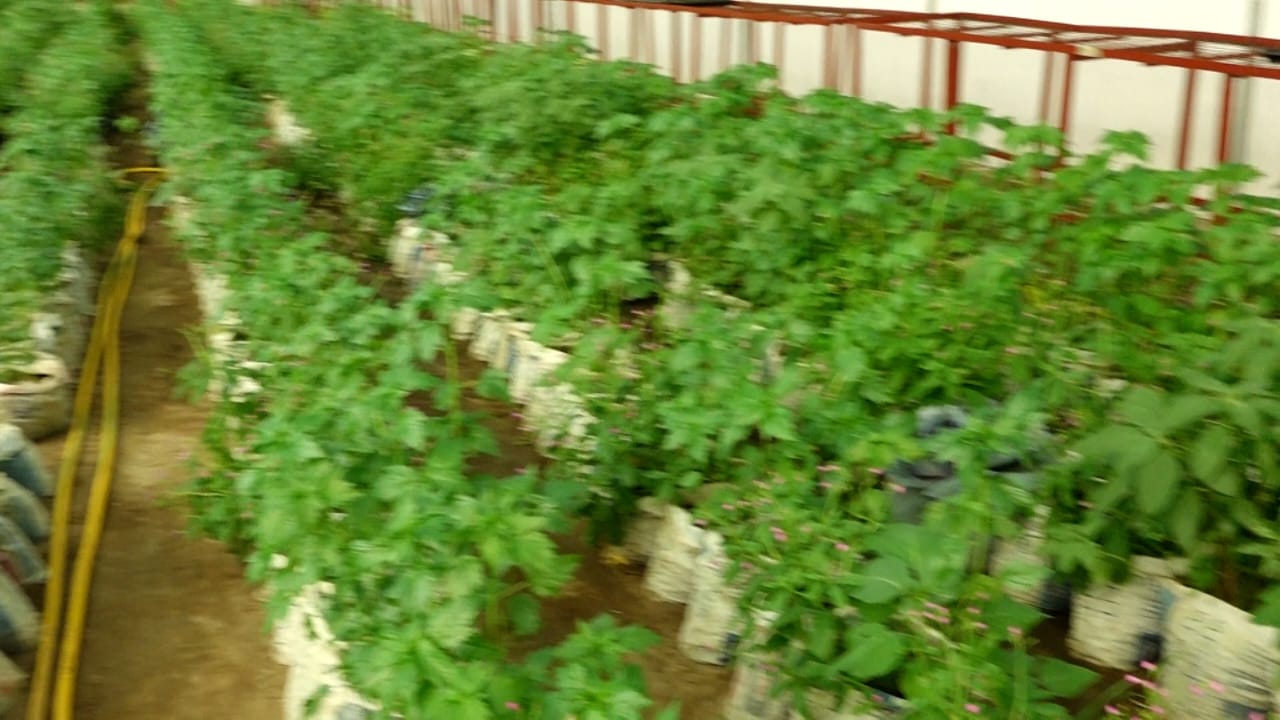
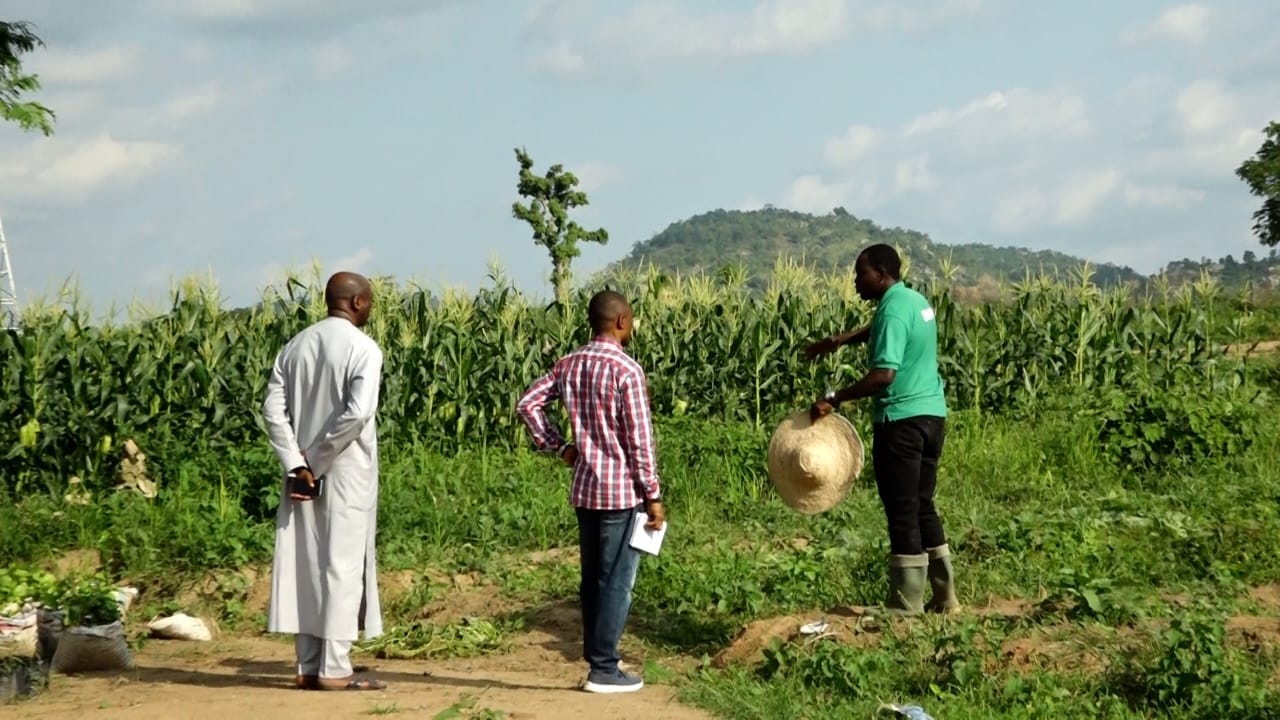
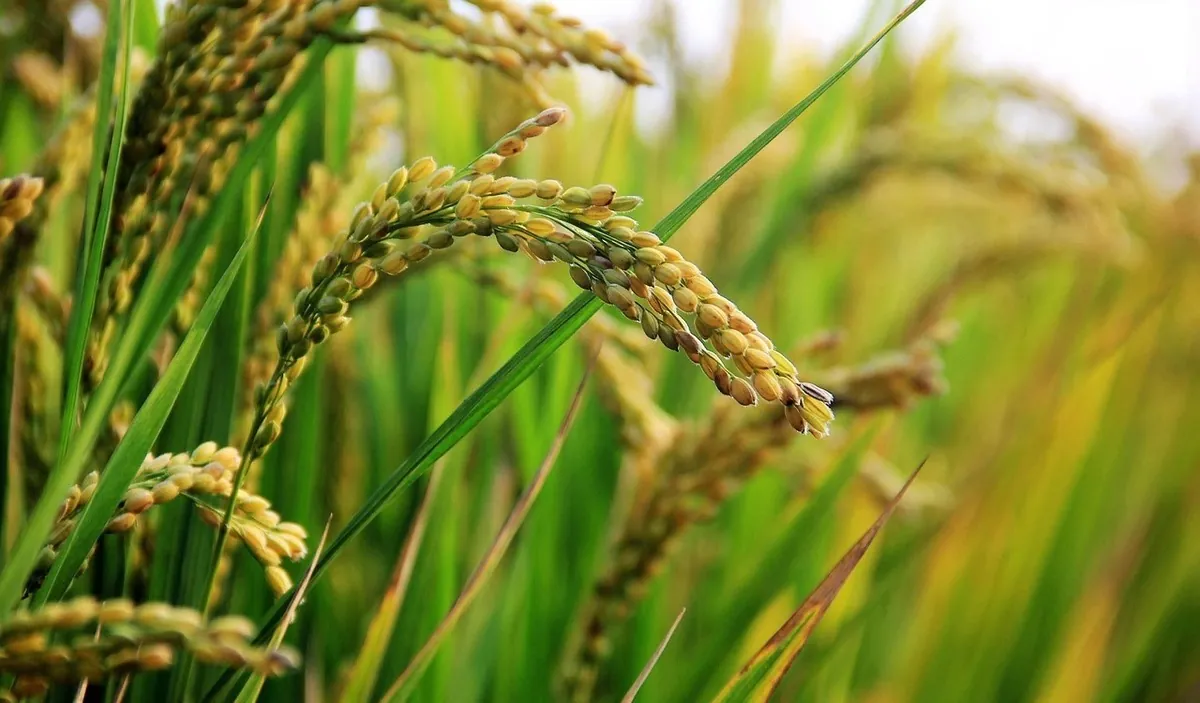

 He added that more than 1,300 young people had been trained in technical fields such as pump installation and drilling technology.
He added that more than 1,300 young people had been trained in technical fields such as pump installation and drilling technology. He thanked President Bola Tinubu for his support and acknowledged the efforts of state governments, development partners, stakeholders, and the media.
He thanked President Bola Tinubu for his support and acknowledged the efforts of state governments, development partners, stakeholders, and the media.
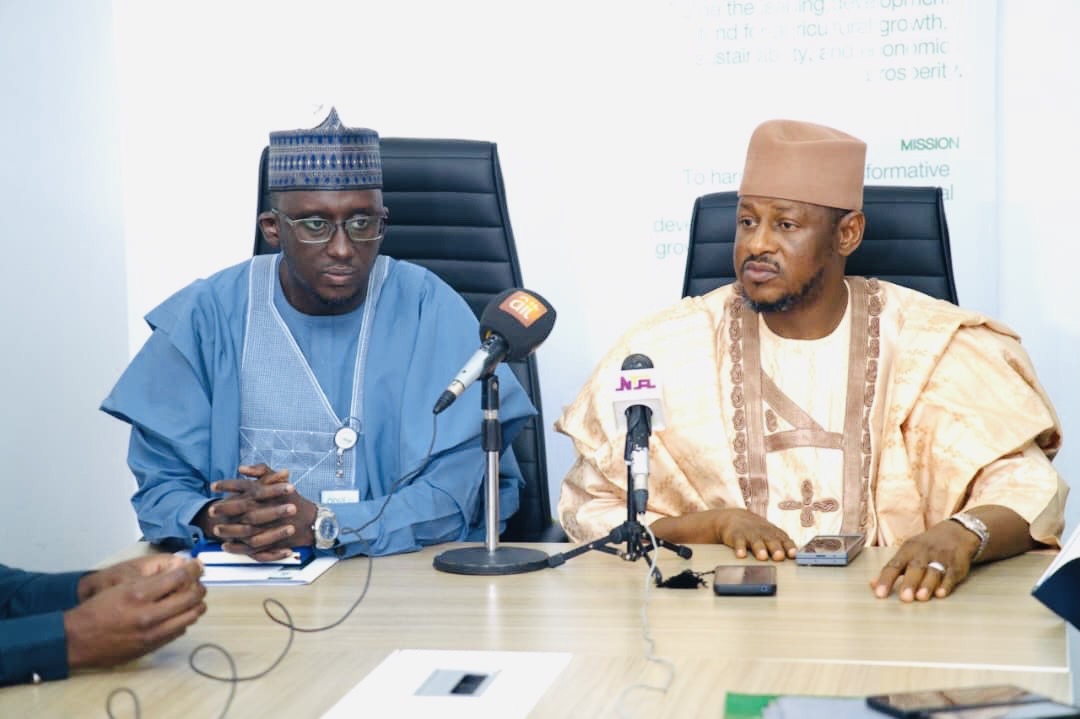


 She emphasised the importance of harnessing the creativity and energy of young people to promote sustainable agriculture in alignment with President Bola Tinubu’s Renewed Hope Agenda.
She emphasised the importance of harnessing the creativity and energy of young people to promote sustainable agriculture in alignment with President Bola Tinubu’s Renewed Hope Agenda. Mr Inuwa Musa, Co-chair of the 6th ARCID Task Team noted that while advancements are being made, they must be accelerated to meet the demands of a growing population and the increasing impacts of climate change.
Mr Inuwa Musa, Co-chair of the 6th ARCID Task Team noted that while advancements are being made, they must be accelerated to meet the demands of a growing population and the increasing impacts of climate change. Jimoh, a former Managing Director/CEO of the Ogun-Osun River Basin Development Authority, reiterated the need for year-round food production.
Jimoh, a former Managing Director/CEO of the Ogun-Osun River Basin Development Authority, reiterated the need for year-round food production. He noted that their collaborative work would pave the way for developing actionable strategies in the irrigation and drainage sector for both Nigeria and the African continent.
He noted that their collaborative work would pave the way for developing actionable strategies in the irrigation and drainage sector for both Nigeria and the African continent.
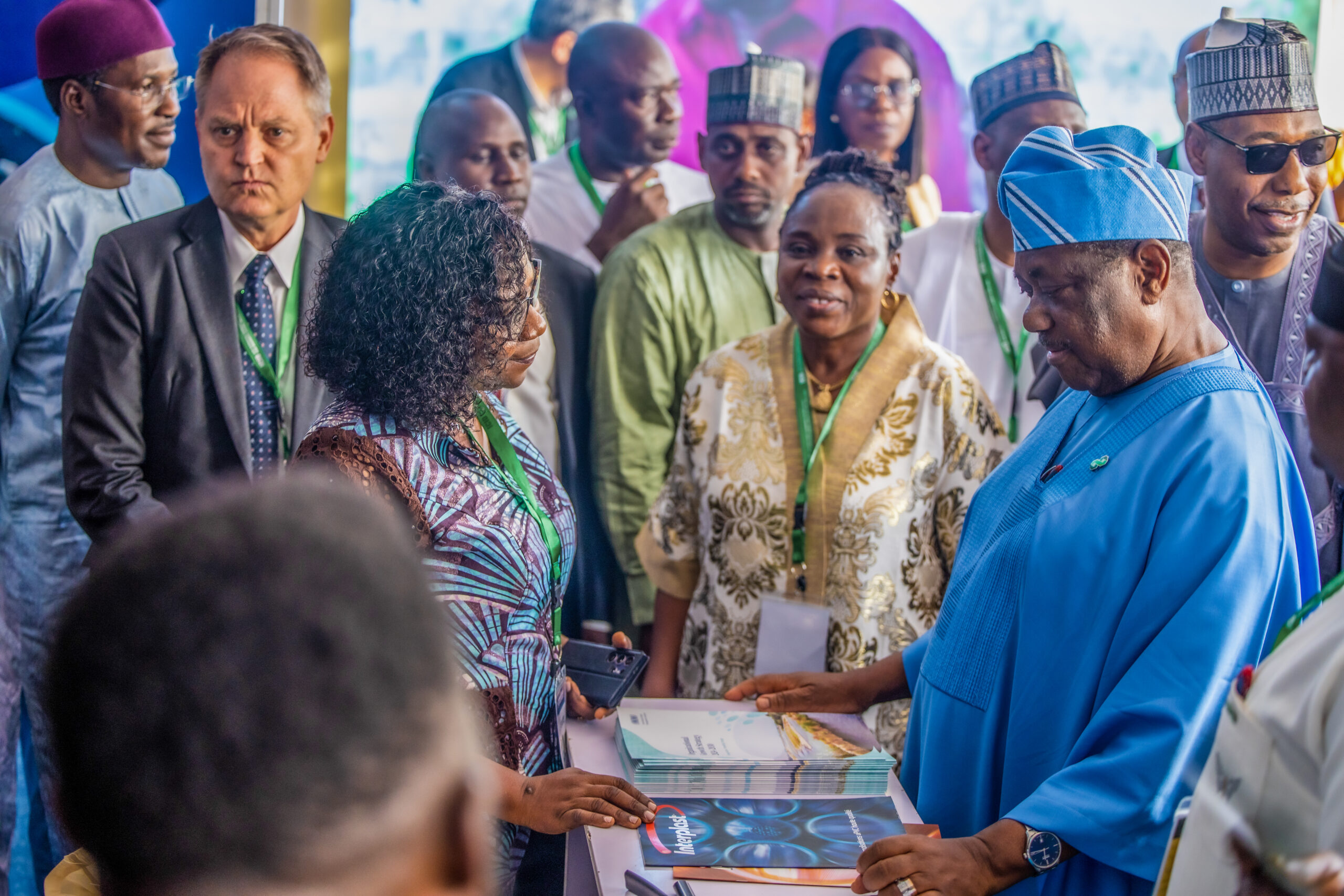
 He emphasised the importance of focusing on practical, inclusive, and climate-smart solutions.
He emphasised the importance of focusing on practical, inclusive, and climate-smart solutions.  Cofie highlighted IWMI’s role in developing Nigeria’s flood early warning and anticipatory response system, known as the AWARE platform.
Cofie highlighted IWMI’s role in developing Nigeria’s flood early warning and anticipatory response system, known as the AWARE platform. 